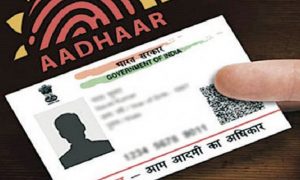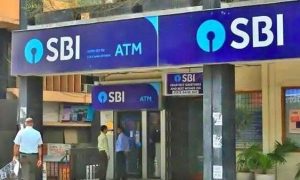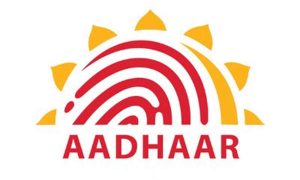The 2019 State of Aadhaar report released on Monday, found that 72% of those surveyed appreciate the convenience of Aadhaar — a 12-digit unique identification number issued by the state, which has also been linked to a multitude of social welfare schemes — but almost half of them worry about the risks of linking it to too many services. While the identification has become ubiquitous in the country, one in three found updation process, the hardest part.
The report, brought out by Dalberg and funded by the Omidyar Network India is in its third iteration and is based on findings from two national surveys that gathered perspectives of over 167,000 Indian residents.
About 92% of people who have enrolled for Aadhaar are “satisfied” and 90% of people believe that their data is safe in the Aadhaar system, it found. However, the survey did not seek answers on residents’ worries about privacy and surveillance with respect to Aadhaar.
More than half of all people who produced Aadhaar to get a SIM card or bank account said their provider accepted only Aadhaar, despite a 2018 Supreme Court ruling, stating the opposite.
Aadhar related reasons accounted for 3.3% of people denied bank accounts, 0.8% of people denied SIM cards and 0.5% of 6 to 14 year olds unable to enroll in school. The survey found that “people with little or no education encountered Aadhaar related problems more often than others did.”
In terms of accessing services, 3.6% as opposed 1.9%, respectively, had trouble accessing PDS rations, MGNREGS or social pension. The survey also found that Muslims and Christians have lower enrolment levels than the national average.
While 80% recipients felt that Aadhaar has made delivery of social welfare more reliable, 0.8% of people experienced exclusion due to Aadhaar-related reasons from a key welfare service, like MGNREGS, or social pensions, which they had earlier received.
According to Reetika Khera, professor at Indian Institute of Management Ahmedabad, “This is exactly what we’ve have found in our field studies: suddenly benefits stop, but the affected person does not know that Aadhaar was responsible for it.”




































